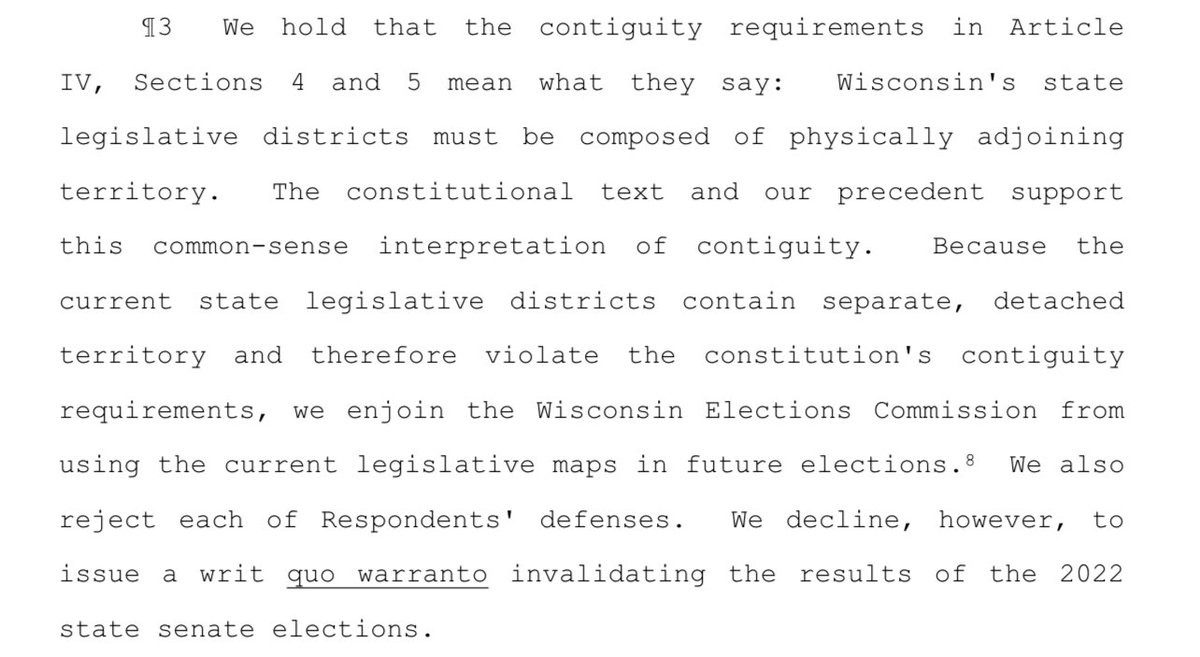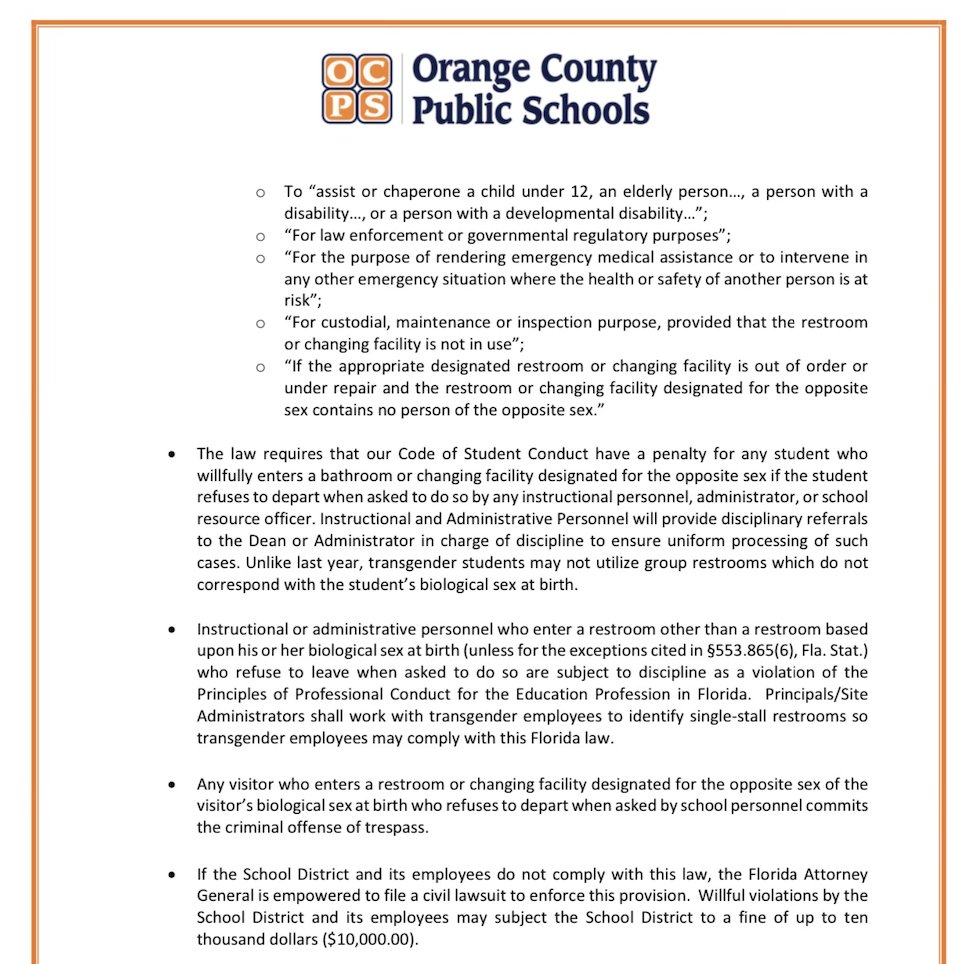Questions from Roberts, Thomas, and Kavanaugh suggest to me that a consensus off-ramp is emerging: the notion that individual states cannot enforce Sec. 3's disqualification provision against federal candidates, or at least against the president.
Exactly. The problem is that Jonathan Mitchell's atrocious briefing and argument failed to put meat on the bones of this idea, so SCOTUS will have to improvise a justification.
https://x.com/LeahLitman/status/1755625877474619539?s=20
Kagan also expresses deep skepticism that a single state should be able to decide who can "be president."
In my view this argument is as good as over. A majority will hold that individual states can't enforce Sec. 3 against the president, at least without congressional approval.
In my view this argument is as good as over. A majority will hold that individual states can't enforce Sec. 3 against the president, at least without congressional approval.
• • •
Missing some Tweet in this thread? You can try to
force a refresh













